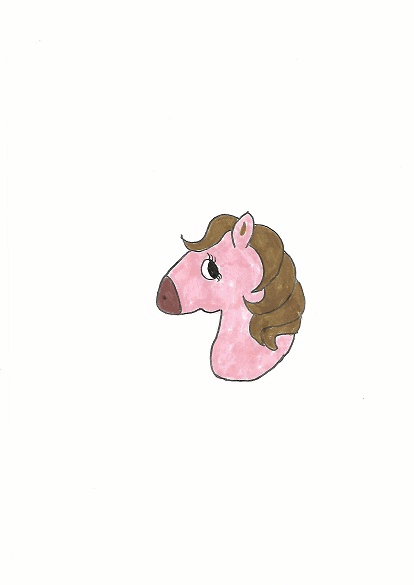
Percolating ideas flickr photo by NomadWarMachine shared under a Creative Commons (CC BY-NC-SA 4.0) license
I’ve been enjoying dipping in and out of the “On Writing” series that Jim Groom’s been hosting on Reclaim TV, although I’ve not been able to watch them live as they usually stream at 5pm on a Friday, by which time I am off line and off to the pub to meet friends. However, luckily they are also recorded, so I can catch up at my leisure, and this week I finally got around to watching the episode with Lee Skallerup Bessette, or ReadyWriting, as she’s known on ALL the socials.
Lee and Jim talk about many of the facets of Lee’s life – such as her growing up in Quebec but not being a francophone (watch the episode to hear why she asserts this), but – of course – it’s what Lee says about blogging that really resonates with me. Like Lee I’ve always been a voracious reader and a prolific writer, though I don’t write nearly as much as Lee, I don’t think. And, also like Lee, I do find it pretty easy nowadays. So when I heard Lee saying (at about 53 mins into the video) that her habit of blogging has helped her to be able to consistently push out a lot of decent quality words quickly, as long as the subject is one that’s familiar to her, I was nodding vigorously at the screen. And then she connects this type of writing to learning a musical instrument:
you don’t have to be great at it right but you just keep practicing it because it makes sense and it brings you joy and it helps you make sense of your life and it connects you to other people (at about 54:44 mins in)
Yes, absolutely yes. I’ve had a pretty shit week this week, for one reason and another, but I’ve still managed to churn out lots of words – because I can. Well, when Lacey lets me! Thanks Lee, and thanks Jim, for a great episode.






